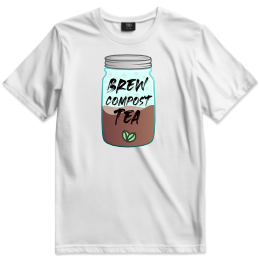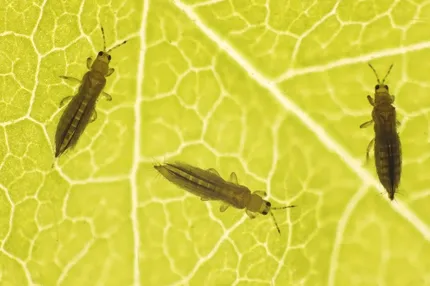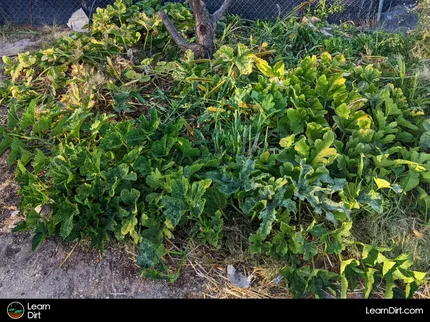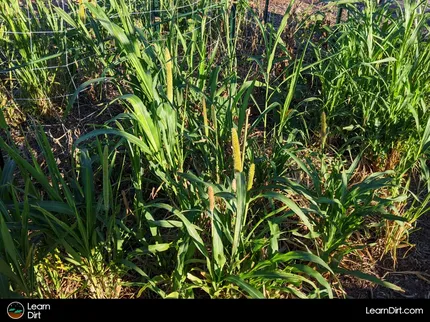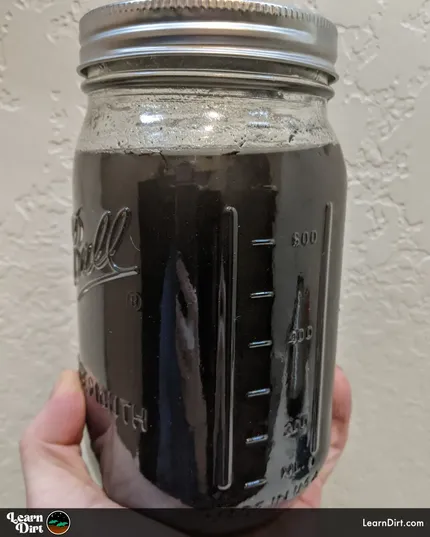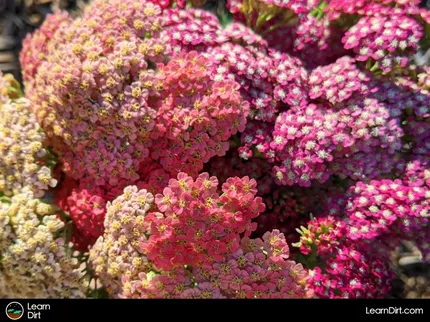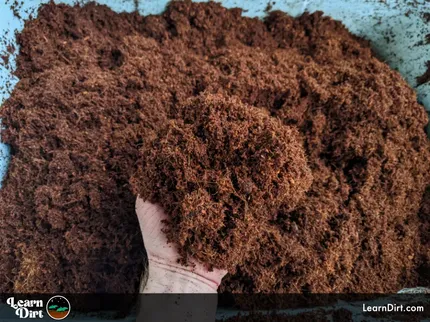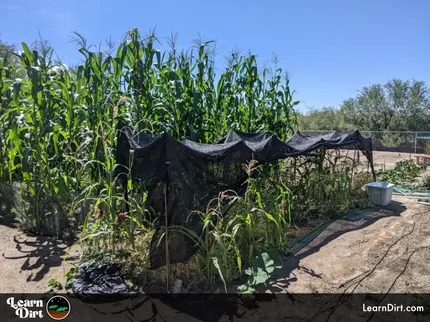Table of Contents
* Our articles never contain AI-generated slop *
This word has a lot of implicit connotations in modern culture. The mere mention of holism sends some people running for the hills, while others' ears immediately perk up.
For now let's set aside any cultural associations you have, and look at what holism actually is and how it relates to gardening.
What Is Holism?
The Merriam-Webster dictionary gives us the following definitions of holism:
Disclaimer: This post may contain affiliate links. Refer to the privacy policy for more information.
-A study or method of treatment that is concerned with wholes or with complete systems.
-A theory that the universe and especially living nature is correctly seen in terms of interacting wholes (as of living organisms) that are more than the mere sum of elementary particles
This starts to give us some idea of it.
The Oxford Dictionary definition adds another layer:
-The theory that parts of a whole are in intimate interconnection, such that they cannot exist independently of the whole, or cannot be understood without reference to the whole, which is thus regarded as greater than the sum of its parts. Holism is often applied to mental states, language, and ecology.
Problems With Ignoring Holism In The Garden
By cultivating a garden, you get to bear witness to the interconnectedness of all things. The garden is a physical manifestation of the interwoven tapestry of life. The reliance of each thing on every other thing. The inseparable quality of life.
Join The Grower's Community
A free & open space for anyone who is passionate about cultivation 🌱
Check It Out!
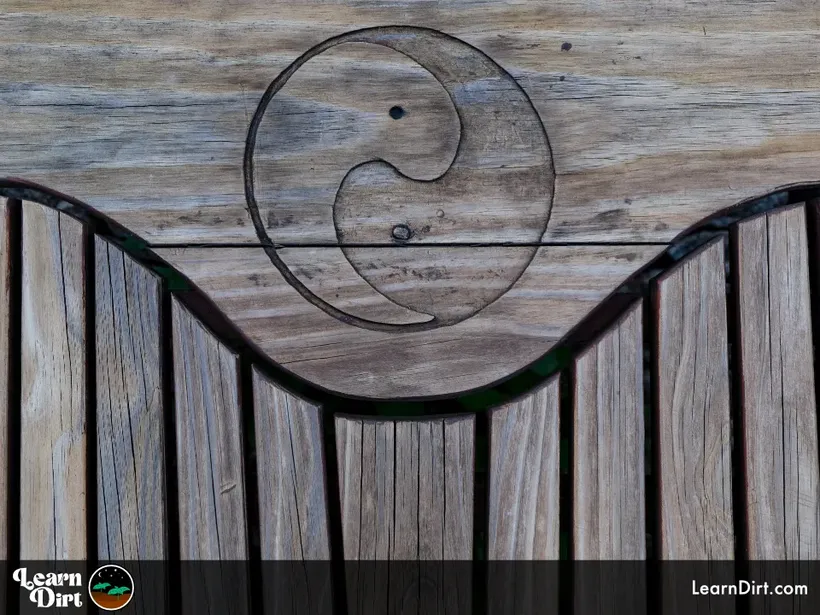
That no creature need be demonized. That balance is the most important thing. That gently shepherding balanced ecosystems with a careful, discerning wisdom based in love and understanding, rather than fear and hatred, is some of the most noble work we can be doing.
That imposing ones will on nature often have unintentional consequences due to our limited myopic understanding of this holism. Our job as cultivators is to guide the ecosystem with as light a touch as possible.
Why Chemical Agriculture Is Not Holistic
Instead, chemical and "traditional" agriculture generally seeks to impose its will ultimately and completely on nature, until only certain outcomes are achieved.
Clinging to specific outcomes is a sure-fire way to cause yourself a lot of unnecessary suffering.
I prefer regenerative polyculture gardens where any abundance is welcome, rather than relying on e.g.: a corn monocrop to pull through no matter the pest pressure and weather conditions that year.
Give yourself the freedom to allow the garden to surprise you with unique and unexpected surprises. Independence from outcome is a great way to receive more than you ever could have asked for.
Don't lock yourself into one required outcome in agriculture unless you want to suffer the frustrated fate of the chemical farmers of yesteryear.
Instead I encourage you to embrace a more holistic perspective of the garden as a complex interconnected system to be balanced, not forced.
That's all for now, thanks for reading!
If you have any questions, comments, or would like to connect with fellow gardeners, head on over to the forum and post there.
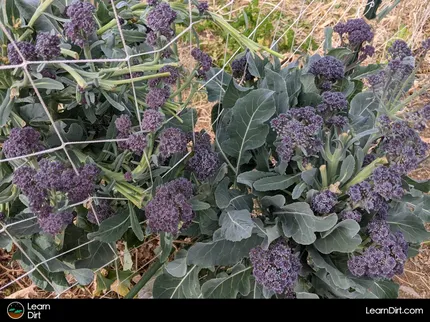
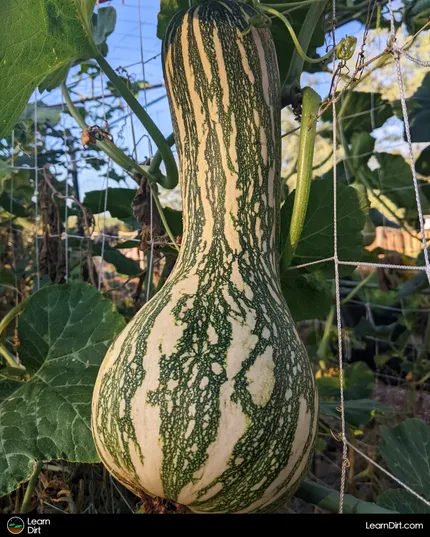
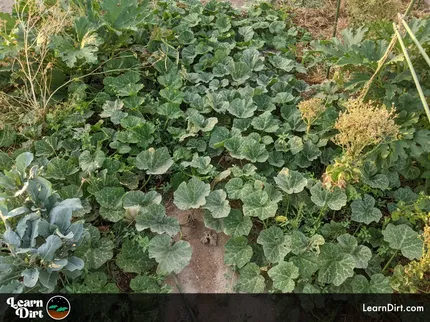
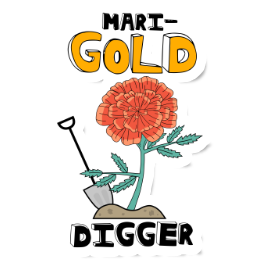
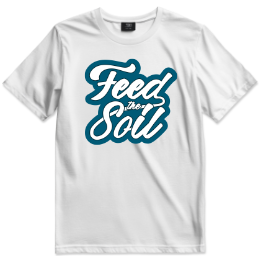
![Don't Till Away Your Carbon [Neon]](/media/product_images/dont-till-away-your-carbon-[neon]_sticker_260x260.png)
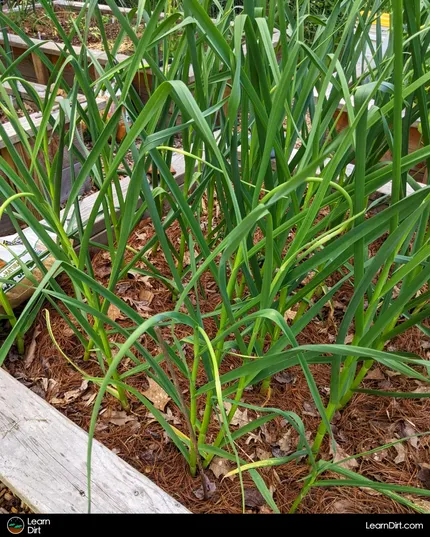
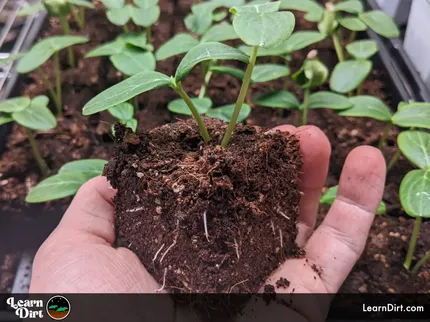
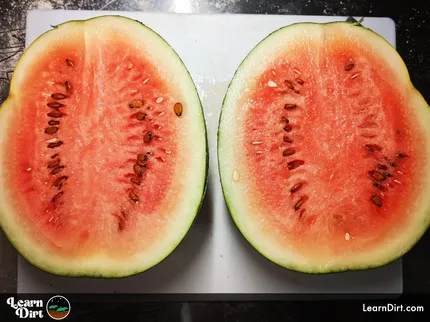
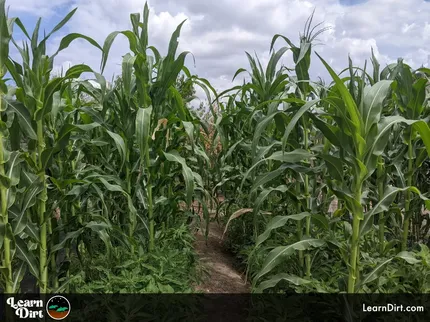
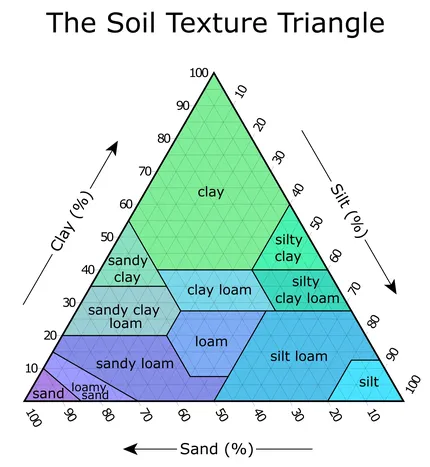
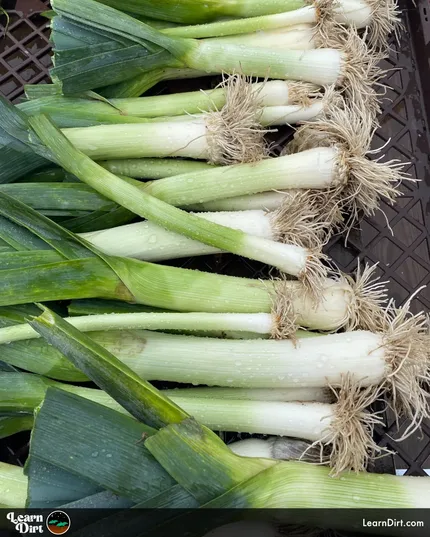
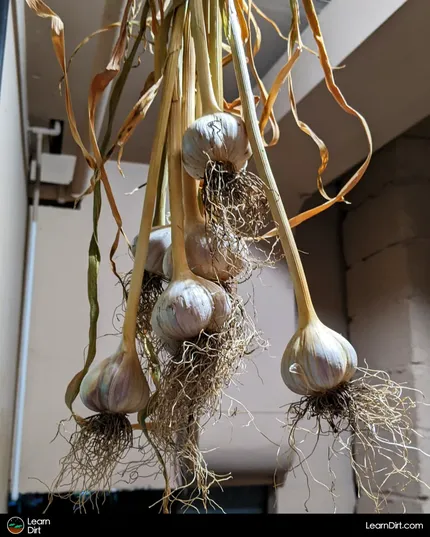
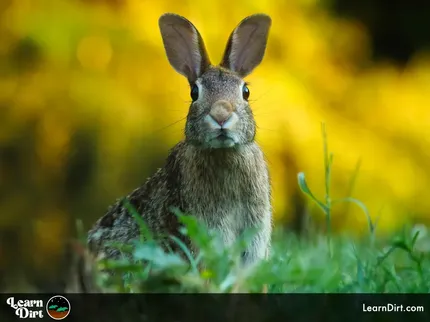
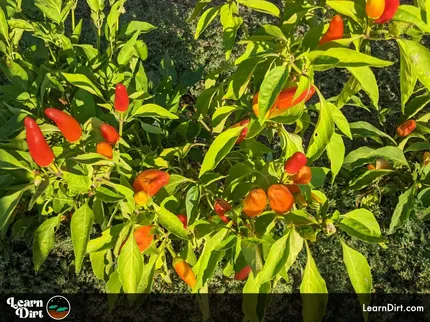
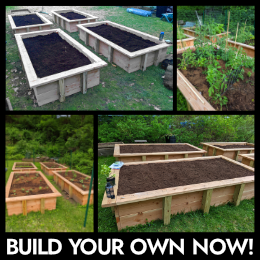
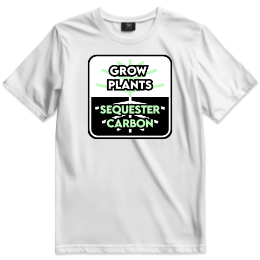
![Black Dirt Live Again [Blue] Sticker](/media/product_images/black-dirt-live-again-[blue]_sticker_260x260.png)
